Note
🌸 If you get this, answer with 3 random facts about yourself and send it to the last 7 blogs in your notifications, anonymously or not! Let's get to know the person behind the blog. 🌸
Oh goodness! Thanks for this! Maybe this will be the kick in the butt I need to actually start posting on this blog 😅
1. I currently have 2 pet snails. Their names are Gary and Bary :)
2. I’m hyper fixated on Skyrim again, and I think I’ve made at least 10 OC’s in the past 2 days alone. It’s… a problem lol
3. I have an unending hatred for Lima beans
4 notes
·
View notes
Text
Quick PSA, if you get one of those "Work scanned, AI use detected" comments on AO3, just mark them as spam.
Some moron apparently built a bot to annoy or prank hundreds of authors.
There is no scanning process, your work doesn't actually resemble AI writing, it's all bullshit. Mark the comment as spam (on AO3, not the email notification you got about the comment!) and don't let it get to you.
96K notes
·
View notes
Text
Pov: you grew up reading weird fantasy in the early 2000s
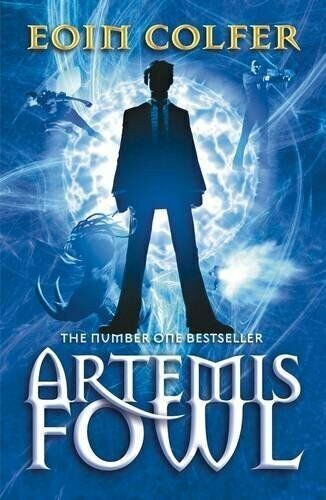
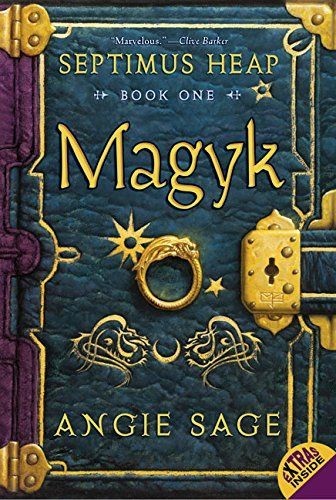
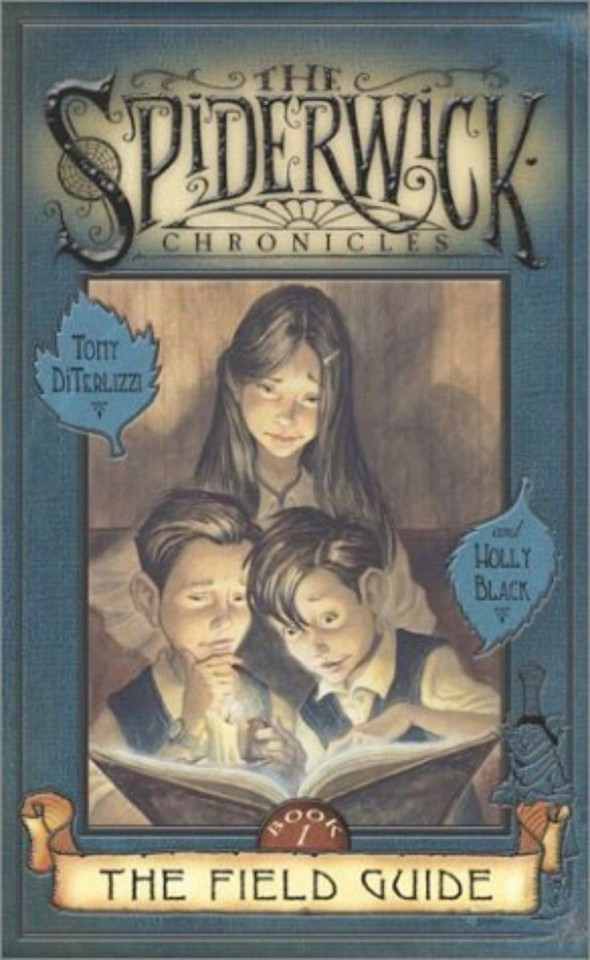
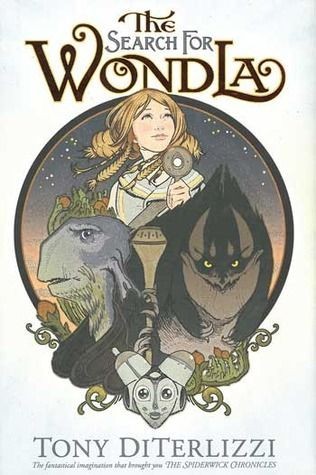
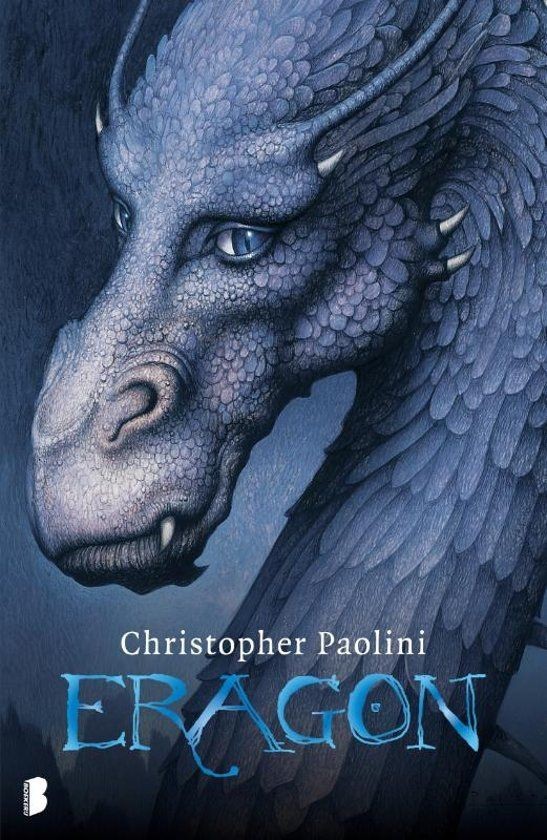
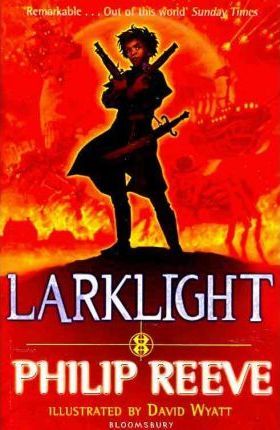
#Artemis Fowl The Fire Within and Dragon Slippers were mine#I have the first three books of the dragon slippers series still :)
65K notes
·
View notes
Text
Skip Google for Research
As Google has worked to overtake the internet, its search algorithm has not just gotten worse. It has been designed to prioritize advertisers and popular pages often times excluding pages and content that better matches your search terms
As a writer in need of information for my stories, I find this unacceptable. As a proponent of availability of information so the populace can actually educate itself, it is unforgivable.
Below is a concise list of useful research sites compiled by Edward Clark over on Facebook. I was familiar with some, but not all of these.
⁂
Google is so powerful that it “hides” other search systems from us. We just don’t know the existence of most of them. Meanwhile, there are still a huge number of excellent searchers in the world who specialize in books, science, other smart information. Keep a list of sites you never heard of.
www.refseek.com - Academic Resource Search. More than a billion sources: encyclopedia, monographies, magazines.
www.worldcat.org - a search for the contents of 20 thousand worldwide libraries. Find out where lies the nearest rare book you need.
https://link.springer.com - access to more than 10 million scientific documents: books, articles, research protocols.
www.bioline.org.br is a library of scientific bioscience journals published in developing countries.
http://repec.org - volunteers from 102 countries have collected almost 4 million publications on economics and related science.
www.science.gov is an American state search engine on 2200+ scientific sites. More than 200 million articles are indexed.
www.pdfdrive.com is the largest website for free download of books in PDF format. Claiming over 225 million names.
www.base-search.net is one of the most powerful researches on academic studies texts. More than 100 million scientific documents, 70% of them are free
212K notes
·
View notes
Text
every writing tip article and their mother: dont ever use adverbs ever!
me, shoveling more adverbs onto the page because i do what i want: just you fucking try and stop me
241K notes
·
View notes
Photo

Where’s soldier?
2K notes
·
View notes
Text
ꜱᴡɪᴛᴄʜ ᴜᴘ ʏᴏᴜʀ ᴠᴇʀʙꜱ (ᴘᴀʀᴛ ᴛᴡᴏ) ~
love
admire
adore
cherish
yearn for
fancy
treasure
laugh
chuckle
giggle
snort
crow
chortle
guffaw
cackle
shout
cheer
screech
scream
bark
call
yell
move
run
walk
back away
sprint
turn
jump
duck
look
glance
focus
eye
survey
study
sight
spot
whisper
murmur
mutter
breathe
intone
hiss
mouth
8K notes
·
View notes
Note
sometimes i think the things i write are too weird - is that legitimate and i should tone it down? is there an audience for all writing? should i be weirder? thanks in advance i feel stuck and cant write bc of this
Don't write worrying about what other people want to read. Write the things that you would love to read but because they don't exist and someone else didn't write them, you are going to have to do it. Then write it as well as you can. Work on the theory that if you'd love to read it someone else might love to read it too.
3K notes
·
View notes
Text
Writing about a child rapist did not make Vladimir Nabokov a child rapist.
Writing about an authoritarian theocracy did not make Margaret Atwood an authoritarian theocrat.
Writing about adultery did not make Leo Tolstoy an adulterer.
Writing about a ghost did not make Toni Morrison a ghost.
Writing about a murderer did not make Fyodor Dostoevsky a murderer.
Writing about a teenage addict did not make Isabel Allende a teenage addict.
Writing about dragons and ice zombies did not make George R.R. Martin either of those things.
Writing about rich heiresses, socially awkward bachelors, and cougar widows did not make Jane Austen any of those things.
Writing about people who can control earthquakes did not make N.K. Jemisin able to control earthquakes.
Writing about your favorite characters and/or ships in situations that you choose does not make you a bad person.
It’s a shame that in this day and age these things need to be said.
135K notes
·
View notes
Text

vintage Avon snail perfume bottle
22K notes
·
View notes
Text
Okay... so I've been thinking... werewolf slang.
What are some words or phrases that you think werewolves would use? Here's some ideas I've had:
"Stray" - a werewolf without a pack. Eg, 'There is a stray wandering around the edge of our territory'.
"Moon mad" - a werewolf who goes totally berserk under the light of the full moon. Eg, 'Some of us just can't control anymore, especially in old age. My old man went moon mad near the end.'
"Showing fur" - to transform either fully or partially into wolf form. Eg, 'Frank had to leave quick. He got angry and started showing fur.'
"Pup" - a minor insult typically coming from an older werewolf and directed at a younger one. Eg, 'Back up a step, pup. You're out of line'.
"Cub" - a werewolf child. Similar to the human word 'kid'. Eg, "Who's going to pick the cubs up from school?"
Feel free to add your own! I want this post to turn into a werewolf urban dictionary.


You guys are coming in hot and I'm so here for it.
2K notes
·
View notes
Text
Anybody else got that Evergiven sized writers block
167K notes
·
View notes
Text
So uh....some dude apparently recreated Adobe Photoshop feature-for-feature, for FREE, and it runs in your browser.
Anyway, fuck Adobe, and enjoy!
359K notes
·
View notes
Text
i know a lot of people like to write/draw pianist aus and stuff but sometimes reading it is,,, eye lips eye,,,, so here is some info from a pianist (tm)
- playing piano with nails longer than Short is literally a universal sin. if there is a 'clacking of nails on the piano' i guarantee any pianist will visibly cringe
- the most people generally have to stretch is an octave (8 notes). any more than that is likely unrealistic unless the character has larger than average hands. for reference my maximum stretch is an augmented tenth and i do have big hands
- the rest of a hand on the piano is not tensed and the fingers are not straight or flat. they will be gently curved but not clawlike. fingertips will rest mid-key (unless the playing of the piece requires positioning otherwise - sometimes they will rest higher up, between black keys) and wrists will be kept low. high wrists are not advised
- we try to avoid lifting our hands/fingers off the keys as much as possible. thumb rule of piano is to keep your hands as close to the keys as possible at all times. big dramatic jumps (might not look dramatic to a non-pianist, but we try to be touching keys whenever we can) are inefficient, waste time, make changing positions unnecessarily difficult
- a character making something up on the spot and just playing it is considered 'improvising' rather than 'composing.' composition is technically creating music, yes, but people will spend months or years on a composition and work on it a LOT to really consider it composing. being a composer is a big deal! improvising is also difficult unless you're a pretty experienced pianist if it sounds good and again unless you're very talented people generally don't memorise entire improvs. lol.
- not all piano music is classical! and i'm not talking about pop or jazz, i mean everything people class as 'classical' is actually a span of various genres like baroque, romantic, etc. for example, bach was mostly a baroque era composer, while chopin is one of the most celebrated romantic composers. and 'romantic' does not mean love songs, it is a period of time in music
- while mozart wrote more than a great deal of piano music, pianists are not heavily fixated on him. he was a classical composer, but there are very many other classical composers known for certain styles or techniques in their pieces which may be the focus of a pianist. he's not considered extra special in the pianist world (or the musical world, i don't think - there are many many composers. so many) again for example i tend to drift towards romantic pieces and play a decent amount of chopin and debussy (and i'm starting out ravel!). however when it comes to baroque i like bach's work and scarlatti's. when it comes to classical i will play anything! classical era music is really pretty and i don't have a favourite though i'm planning on starting out some schubert and schumann. i love tchaikovsky overall and he dabbles in multiple styles of work. there're also more contemporary or 20th century composers (debussy and ravel, to some extent) like prokofiev, shostakovich, and such (these two are known for insanely difficult pieces.) i got sidetracked there hgjdhdkh so anyway. playing a mozart piece is not the pinnacle of success! try a rachmaninoff
- some composers cover multiple periods or span the gap between two periods. debussy and ravel were late romantic composers, meaning their work carried over into and was influenced by contemporary. debussy's late works basically characterised the period. similarly there are baroque-classical composers too
- practicing is not just playing pieces like you're at a concert. a lot of the time characters 'practicing' are performing and it's the best thing other character has ever heard and they're playing full five-page pieces and. no! so much of practice is scales, arpeggios, more scales, so many scales, people practice sightreading, techniques, certain parts of pieces, places they mess up, pieces slowers, one hand at a time, etc. i'll only play a piece like i'm performing it once or twice in more than an hour's practice. practice is named as such because we're working on the parts we need to improve and on fundamental concepts like scales and such
- pianists will not adapt orchestral works or symphonies for the piano, lol. they might learn the piano part for an orchestral work but you cannot adapt one to any instrument.
- not gonna try explain them here because it'd be an essay more than a post but i do suggest looking up techniques, dynamics, articulation, and ornamentation. it depends on what detail you plan writing/explaining in but hearing a piece described as 'loud' or 'quick' especially by a musician themselves is generally ooc. look at common terms like forte and piano, articulation like staccato and legato, ornamentation like trills and mordents, glissando and acciaccaturas, and techniques like arpeggios, scalic passages, and alberti bass: you'll see them a lot in piano music, regardless of period. also, clefs!! piano music is generally in treble and bass clef for the right and left hand respectively though not always. and time signatures!!! these are fundamental music concepts so please figure out how they work lol sometimes it just doesn't make sense how they're written
- speaking of which, musical terms are most commonly in italian, though it does depend a lot on the composer and which edition of the piece it is, whether it's been arranged, etc. debussy's work (i use him as an example a lot, sorry!) has french terms quite often. german is fairly common too. pianists are usually familiar with such terms and in fact if they follow the grade system (foundationally a british/international rather than american concept) they will likely study music theory as well. music theory is hell. how can a person like music theory i will never understand
- we don't sway aggressively while playing. please
- we generally don't move excessively at all? it just makes playing so much harder. crouching or learning towards the piano is... rare. pretty rare. that's. kind of a lie actually hang on so like. good posture is key to piano. we will keep our backs straight. my posture is always shit but at the piano it's perfect. honestly playing while slouching causes problems. a pianist might lean towards the piano either if they're using body weight in marcato or sforzando, or they're playing something like pianissimo. it's never for dramatic effect that's just inconvenient for us
- similarly we never lean back i can't think of a reason to do so
- pedalling... is a thing! there are three pedals on a piano. the left two are less commonly used, though one is a soft pedal and the other a sostenuto pedal (i have never used the latter in my life.) the soft pedal would be more common in classical and romantic music. the right pedal is the one that makes the sound you might've heard, the one that holds and elongates the notes, and is super duper used in romantic music. a LOT. and a fair amount in the later half of classical music. it's far less common in baroque. if something is just generally referred to as 'pedalling' it's usually this pedal, the one on the right
- page flips exist. if we're playing a mozart concerto we will have to flip pages in between. that is a normal and common thing. sometimes in concerts or orchestras there will be a page flipper. a person that flips pages for you so it doesn't break your playing. sometimes people memorise their pieces and don't play with sheet music
- pianists have a LOT of wrist strength. playing tremolos and trills requires a lot of practice and piano HURTS. anything in octaves is bound to cramp your arms as well until you become immune to it. playing the piano will build up your finger, arm, and wrist strength quite a lot. it also builds up nimbleness (is that a word?) and agility. pianists are great are arm wrestling and thumb wars
- looking at someone during a performance doesn't happen a lot? we'll usually be focused on the music and/or our hand positioning (which may change a lot, depending on the piece.) much less smiling at them. people laugh at musicians for looking so stressed while playing but we don't realise most of the time because it's just our 'focus face.' some people are really expressive when they play though but most often people don't smile throughout a performance unless the piece's expression is as such
- when it comes to noticing people walking in/watching you play it differs from pianist to pianist. personally i'm generally acutely aware of people watching or stopping to listen to me play but it's a fair representation for a person to be so immersed in their playing that they don't notice
- playing any instrument does give you a general idea about others. it doesn't mean i can play the violin or guitar but it means i know what note each string is and what the frets on the guitar mean and how tuning works. it also means i can read their music (except guitar tabs since i've never had to) and understand it. it's not like. different or anything. and learning one instrument definitely makes it easier to learn another but i can't just pick up and play the flute just because i know a lot about music as a whole
obviously no pianists are the same and some of these don't apply to each one but i think it's a fairly accurate overall description and representation so i hope it helps! i love pianist aus but reading a character crouching over the keys for no reason hurts my soul
2K notes
·
View notes
Text
Writing Tip #01:
10 Ways of Ending your Story
- The Cliffhanger Ending: Ending the story in such a way that leaves the reader at the edge of their seat, either due to being in the middle of a dilemma or a shocking revelation (Ex: The Mark of Athena by Rick Riordan)
- The Circle Ending: Ending the story in such a way does comes back full circle to its beginning. The reader gets a chance to compare the before and after, offering both the opportunities for irony or satire, and the contrast, whether bitter or sweet, is plain to see.
- The Dialogue Ending: Ending the story with dialogue from the characters. This ending allows the readers to feel a stronger connection to the characters since it is them sharing the end to their story instead of the author.
- The Emotional Ending: Ending the story in such a way that leaves readers feeling emotional, whether happy or sad, for the characters in the story. Before attempting to write an emotionally engaging end, you have to first understand why it is important for your readers to be engaged.
- The Humor Ending: Ending the story in such a way that leaves the reader laugh at either a line or even an inside joke from the story. Before attempting this ending, first think about your own personal sense of humor and how you'll be using it to produce a humorous ending.
- The Image Ending: Ending the story in such a way that puts the classic "show, don't tell" rule to good use by describing a scene.
- The Moral Ending: Ending the story in such a way that you show the character's growth and how far they've managed to come. This ending helps even the reader learn a lesson through the characters. The difficult part about this ending is figuring out what the moral of your story will be. Think of your characters, their goals, objectives, and how all of those have developed in the story.
- The Question Ending: Ending the story in such a way that leaves readers think about what will happen next. This ending is effective when you want the culmination of your story to be remembered. Play around with different questions and see what would work better!
- The Surprise Ending: Ending the story in such a way that takes the reader to the place least expected. When done right, these endings will live, and haunt, the readers' memories for years. A surprise ending may have the reader question heir perspective of the preceding events. It could also introduce new conflicts that changes the story's context. A subtle misdirection is key to achieving this kind of ending.
- The Reflection Ending: Ending the story in such a way that the character looks back on everything they've experienced, achieved, or even failed at. Everything they've gone through in their journey. This conclusion gives the character a chance to think/feel more deeply about what occurred in the story. It gives them time to explore their deepest feelings and even possibly come up with fresh or surprising insights.
3K notes
·
View notes

